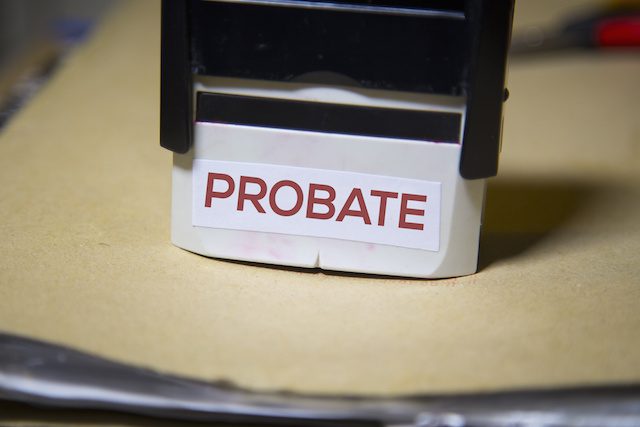
Probate Process: How to Contest a Will in California
If you feel you that you have been wrongfully disinherited from a will in California or that you run the risk of being wrongfully disinherited, you should act quickly to make sure your property interests are protected by contesting the will or else run the risk of losing your right to do so. Contacting an Inheritance Recovery Attorney should be your first step to ensure that all legal strategies pursued. Once you do so, here are the basic steps your attorney will take to contest a will on your behalf in California.
Filing an Objection to Probate of a Will
Pursuant to California Probate Code Section 8250, your attorney will file an objection to the probate of the will in the probate court overseeing the distribution of property under the will. This objection will describe the contestant’s grounds for objecting to the will, such as undue influence or a forged will. A summons and copy of the objection should then be served on all heirs of the decedent (the person whose will is at issue) as well as all people named in the will (“devisees”).
Responses to the Objection Will Be Filed
After heirs and devisees are served with the objection, they will each have the opportunity to submit filings to the probate court which detail their responses to the objection, for example why undue influence did not occur or why the will admitted to probate is the proper will, or why the contestant’s objection is legally insufficient. If the objection is found to be legally insufficient, the contestant may amend the objection through his or her attorney.
A Trial Will Be Held to Decide the Issues Raised
If the objection is found to be legally sufficient, it can proceed to a trial before the judge. There, the proponents of the will will have to prove that the will submitted was the proper will, and the contestant will have the burden of proving that there is a legally sufficient reason the will should not be accepted. These reasons include:
- Lack of testamentary intent or capacity
- Undue influence
- Fraud
- Duress
- Mistake
- Revocation
The court can hear witnesses on these topics as well as examine documentary evidence submitted either in favor of or against the will. The court will then issue an order determining whether the will should be admitted or rejected in whole or in part based on the contestant’s objections.
Contact The Inheritance Recovery Attorneys Today to Determine Your Rights
If you believe you have been wrongfully disinherited or otherwise mistreated by another with regard to a will, The Inheritance Recovery Attorneys are here to help. We have extensive experience in understanding and litigating the nuances and complexities of California probate code, and we have spent countless hours spent in the courtroom aggressively fighting on behalf of injured plaintiffs. Contact one of the dedicated team members at The Inheritance Recovery Attorneys to see how we can help you in getting the recovery you deserve in your probate or trust matter.
Latest Posts
Duress vs. Undue Influence
In legal contexts, particularly those involving contracts and estate planning, the concepts of duress and undue influence play crucial roles in determining...
Duress vs. Undue Influence
Understanding Estate Property
Understanding Estate Property: Key Concepts and Legal Considerations When someone passes away, their estate encompasses all the assets they owned at the...
Understanding Estate Property
Understanding Probation Litigation Attorneys
Navigating the complexities of the legal system can be daunting, especially when it involves probation issues. This is where a probation litigation...